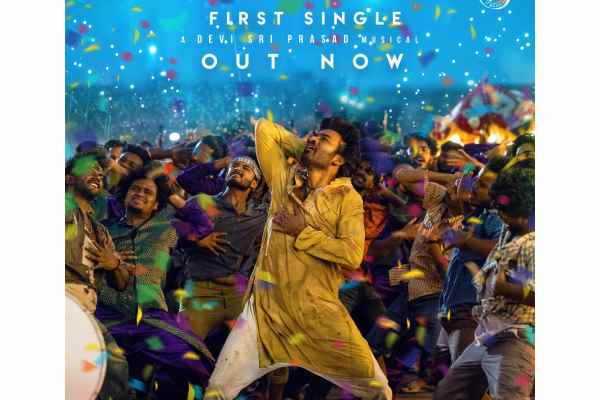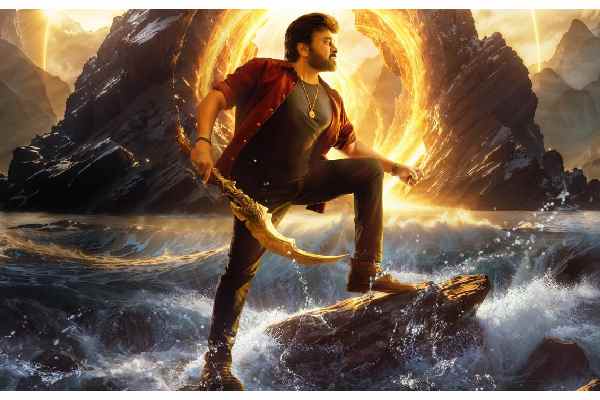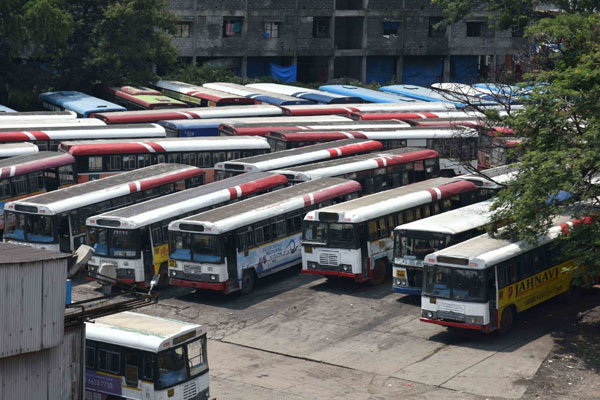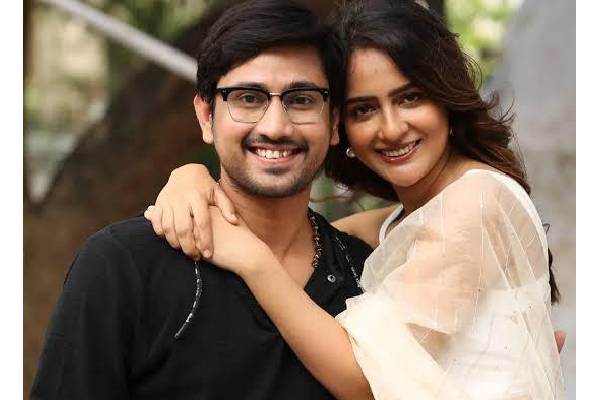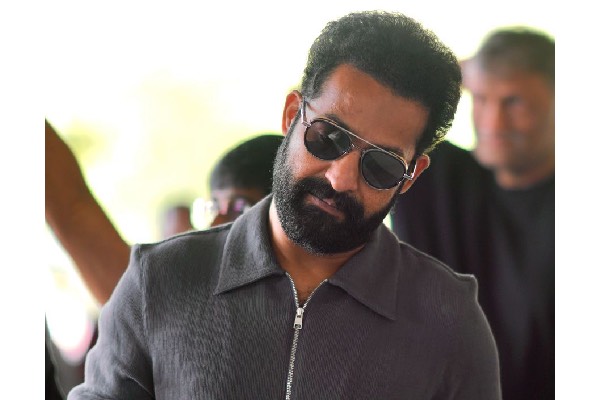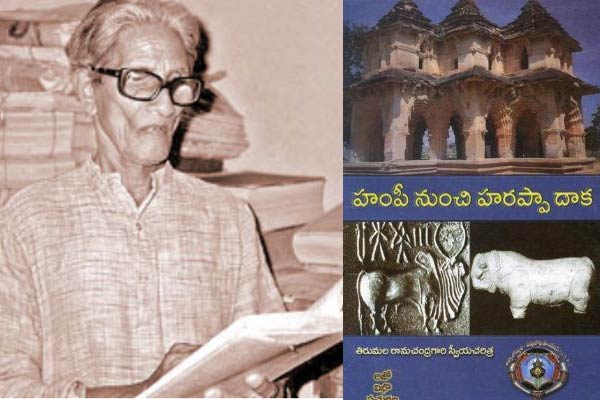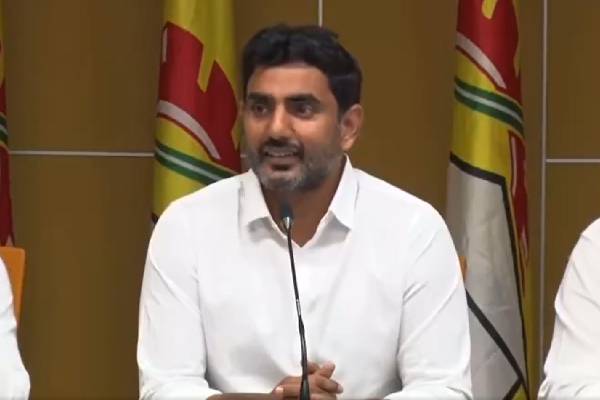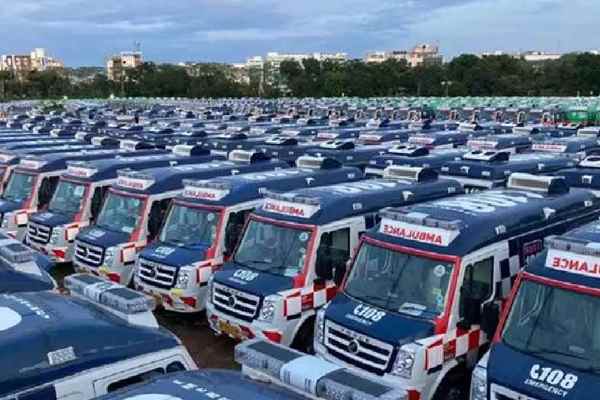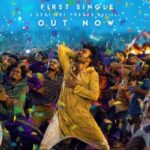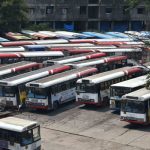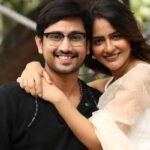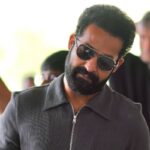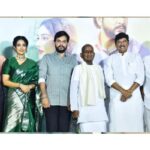– Kuradi Chandrasekhara Kalkura
The unscheduled (?) visit of the Prime Minister, Modi to Lahore on Christmas Day, in 2015 to greet the Birth Day Baby, his Pakistani Counter Part, Nawaz Sheriff has raised hopes in may and despair in some.
Earlier bus journey of Vajpayee, then Prime Minister of India to the Historic City on Feb.2, 1999 raised euphoria among many, even as some eyebrows were raised. The unique event raised hopes with nostalgic memories for many, associated with the City Beautiful, Lahore. Not only the Punjabis and N. Indians, many S. Indians had rendered services in Lahore and elsewhere in the present Pakistan. Acharya Tirumala Ramachanda (13-6-1913 to 1210-1997) was a versatile genius, research Scholar, a linguist, thinker and a walking encyclopedia. Born in Ananthaur, brought up at Hospet, after his early schooling in Hampi, leading the life of an ascetic, Acharya traveled Lahore and Mohenjo-Daro and Harappa. Hence the title of his Autobiography in Telugu: ‘HAMPINUNCHI HARAPADAKA’ (From Hampi to Harappa).
Dr. Tirumala toured the un-divided India, including Lahore, Harappa and Mohenjodaro, the Seats of the Indus Valley Civilisation; hence the title ‘Hampi Nunchi Harappa Daka’. The autobiography is an authentic piece of creative literature. It state about the freedom movement, political, social and economic life of the people, history and geography of the various places of the country with which the biographer came into contact. Not only is the book educative but also very readable. It could also serve as a handy reference book for researchers.
There is also an interesting chapter on Lahore-Lavanyam Olike Lahore. Tirumala takes the readers on a trip to Lahore with him. His narrative style is very lucid. Descriptions of the gardens, streets, buildings mean and matters pertaining to Lahore create a vision of Lahore at that time. As a research scholar on a mission to the Lahore University he describes the literary atmosphere there. He mentions by names, many famous Telugus who lived in Lahore, working in business establishments, the railways, the military and the state legislature. He recollects the names of some Students too. Later they had a successful career elsewhere in India. Acharya continued cordial relationships with them, throughout. He got acquainted with some great Punjabi leaders like Sathyapal, Gopichand Bhargava. Tara Singh, Khakpar, Allahama Khushrin and others.
“One day while passing through Dayananda Ayurveda College I stopped, looking surprised at the foundation stone tablet. An elderly person came from inside and asked me ‘what are you observing’? ‘Panditha Gopalacharylu, Principal of Madras Ayurveda College, who laid the foundation stone for this institution is from Andhra Pradesh, the State to which I belong and I am observing it with pride’. The elderly man was Dr. Mehta the principal of the college. He removed his headgear as a token of reverence, saluted me and while leading me inside the college said, ‘Welcome. You are from my teacher’s country’. (Guruvula deshamvaru). His friendship helped me a lot. Earlier I heard about the legendary Panditha Gopalacharyulu from Chintalapalli Subrahmanya Sastry, Puligundla Narasimha Sastry, and Veturi Sankara Sastry. I learnt more about Gopalacharyulu’s teaching talent and the affection for students from Mehta. This strengthened my admiration for him”. Pandit Puligundla Narasimha Sasthry was a student of Gopalacharlu, whose photo welcomes the patients to the Nursing Home of Sastry’s son Dr.Madhusudana Sasthry in Nellore.
There may be many such references in the writings of various authors. This fosters friendship with the places and persons concerned. As a follow-up to the bus journeys of all the Prime Ministers of India, we hope the government agencies undertake to publish such literature and also get them translated in to as many Indian Languages as possible, publish at reasonable prices, and prescribe them as non-details. This will help the younger generation to foster the friendship and cordiality that existed in India prior to partition. After all, the cost of war is many times more than the price of publishing.
It is a crowning glory for the ‘must read’ book when it earned the prestigious Kendra Sahitya Academy Award for 2001.
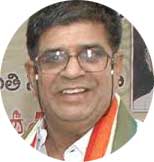 Kuradi Chandrasekhara Kalkura is a noted Kannada-Telugu Scholar. A Udupi hotelier, and former Chairman, Zilla Granthalaya Samstha, Kurnool, Kalkura is a commentator on socio-cultural issues of Telugu states. He set up Gadicharla Foundation and running Telugu Bhasha Vikasa Udyamam. His Telugu Ratham crisscrossed the state with a message of Telugu Vendemataram.<
Kuradi Chandrasekhara Kalkura is a noted Kannada-Telugu Scholar. A Udupi hotelier, and former Chairman, Zilla Granthalaya Samstha, Kurnool, Kalkura is a commentator on socio-cultural issues of Telugu states. He set up Gadicharla Foundation and running Telugu Bhasha Vikasa Udyamam. His Telugu Ratham crisscrossed the state with a message of Telugu Vendemataram.<





















